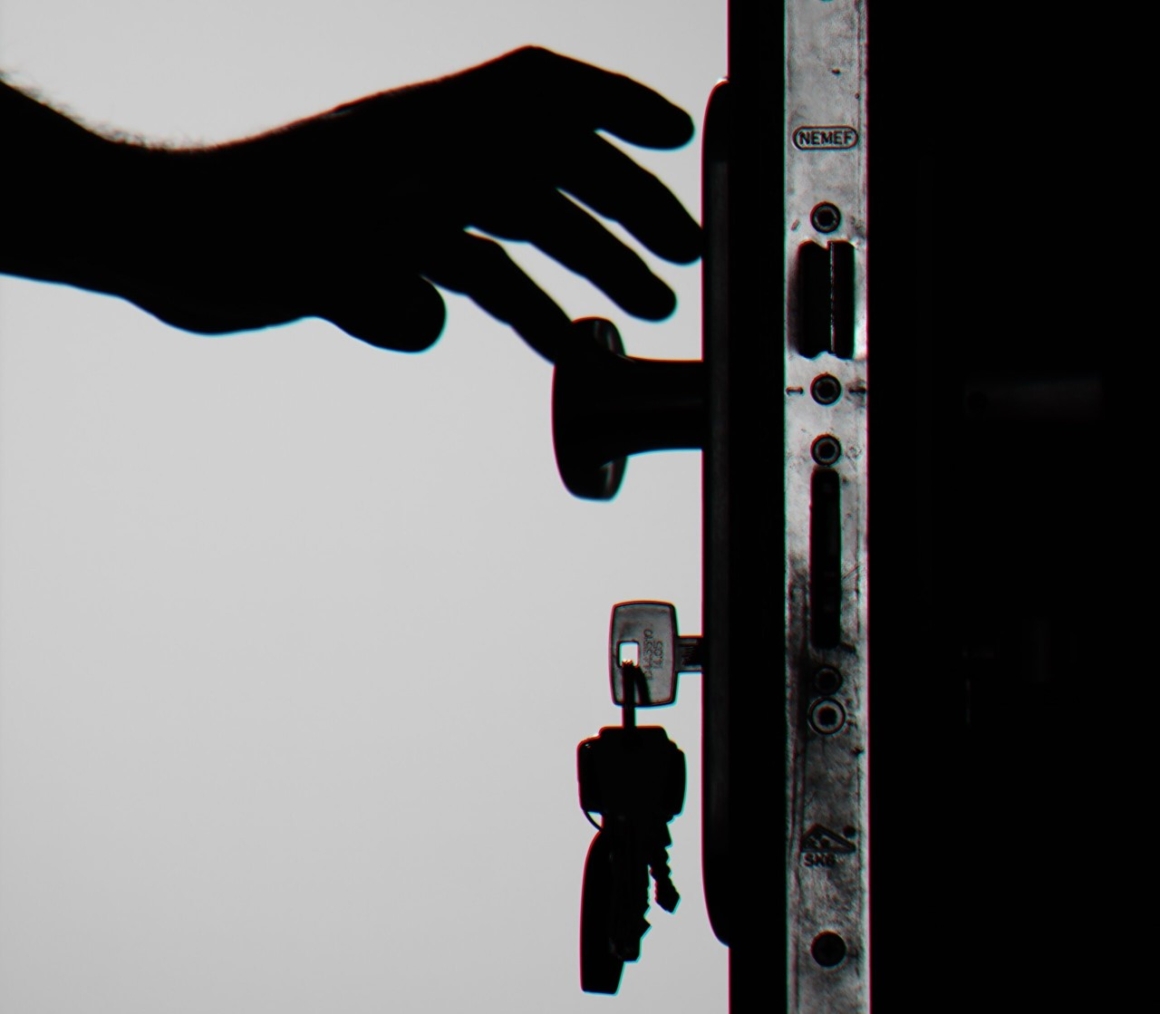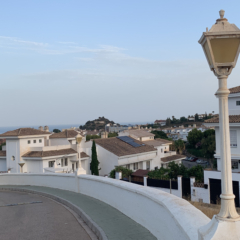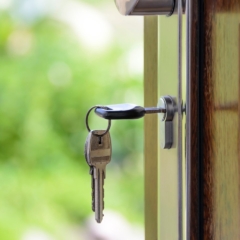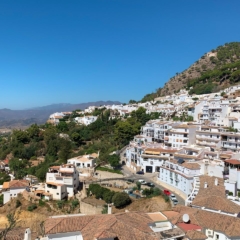Okupas, second properties and rentals in Spain

Okupas. Home owners worst nightmare in Spain and (in my opinion) one of the main driving forces behind rental difficulties in this country. “Okupa” is the Spanish name for squatters, and unlike the rest of the world, Spanish authorities provide very little protection against them.
Okupas
Okupas are often organized, mafia-like groups that invade a property and refuse to leave. They may change the locks and, if they can stay in the property undisturbed for more than 48 hours, police does not remove them forcefully.
The only ways to get them out would be either direct negotiation with the criminals (bribing them to leave your place), a lengthy and costly judicial system that can take years or use one of the private companies that specialize in removal of okupas – but beware, violence may be involved. If you run into this problem and consider this way of action, talk carefully to the company in question and to lawyers to understand what liabilities are involved.
The squatters favor houses or apartments used for second homes, because these places stay unused for long times, so they are easy to occupy. But everybody is at risk; commercial places that are not in use sometimes are invaded by squatters, and there are cases in which they invade homes of people that live in Spain but are out on vacations. Imagine coming back from a trip to find your home is taken and that police will do nothing about it. A true nightmare.
Police says they can only act if the okupas have invaded the place in the last 48 hours. Also, police has to be called from Spain, by someone that will be close to the property when police comes. The okupas can use anything to prove how long they have been in the property; even food delivery tickets are said to have been accepted as proof of factual residency.
The owners cannot cut the power or stop paying utilities, under risk of having the squatters go to the police and charge the owners with coercion. Absurd, but true in Spain. Even when the okupas are finally evicted, property owners find their places damaged, trashed and robbed. The Times from UK has an article about the squatters; though the newspapers focus on the occupation of British properties, it really can affect anybody.
Second homes
For those who intend to have a second home in Spain, it is advisable to contract the services of a security company that will install cameras and alarms and contact the police as soon as there is a break-in. This can be a bit costly, with a maintenance fee of around 200 euros per month (prices may be outdated) but seems to be the safest way. Another option is installing your own cameras, but you would still need to have someone in the city available to call the police and to go to the property when police arrives.
For those who live in Spain and intend to buy a home to let, the problem is also there. If the tenant decides to stop paying the rent and become a sort of okupa, there is a guaranteed headache. One can’t have the tenant removed because of a two days delay on the rent, and after that period the police won’t do anything, so it is a lengthy judicial process.
Rentals
Because property owners know of that risk, the level of scrutiny before renting a place is extremely high; many prefer to have the property rented only for vacational users (that can be removed by police if they overstay even one day, perhaps hours) or completely emptied (with security and cameras) rather than have the risk of a potential tenant turned okupa.
Property owners that choose to rent long term require a high level of trust from their tenants. Is usual to request up to two months of security deposit, upfront payment and/ or proof of income in Spain – this last one, subject to evaluation, meaning that if the owners consider that the tenant’s job offers poor security, they may choose not to let.
The favorite jobs, from a property owner’s perspective, are governmental jobs, because of the high security level they offer. Property owners can also, legally, request to see proof that the tenant-to-be was paying the rent properly in the last place they rented and to allow a credit check to see if the future tenant has any pending debts. Extreme.
So you see how hard it is for a foreigner that just moved into Spain to find a place to rent. Even if the foreigner has a stable income elsewhere, and can prove that, the proof may be looked down due to suspicion – the owner may not understand the foreign language, or may suspect the document to be false; paying upfront also does not appease owners’ nerves completely, as one may become an okupa after the term of the contract, by overstaying. On top of that, the lack of a stable, long term link to Spain also raises suspicion.
The whole okupas situation causes trouble to the locals as well. There are constant complaints about the lack of homes available to rent, particularly in the range that would be affordable by the middle and lower classes. People tend to blame the vacation rentals for it, but many vacation rental owners would rather rent long term, if they felt safe.
The local governments try to act by subsidizing long term rentals, charging extra taxes from empty properties or putting limitations to the vacation rentals, such as a minimum amount of days per stay or a maximum amount of vacational licenses per area. The one thing the government has not done to deal with the situation is to pass a strict law against squatters.
Despite many calls for action regarding the okupas, the government seems to disregard the matter. One can only hope that at some point they will decide to act on this major problem.







